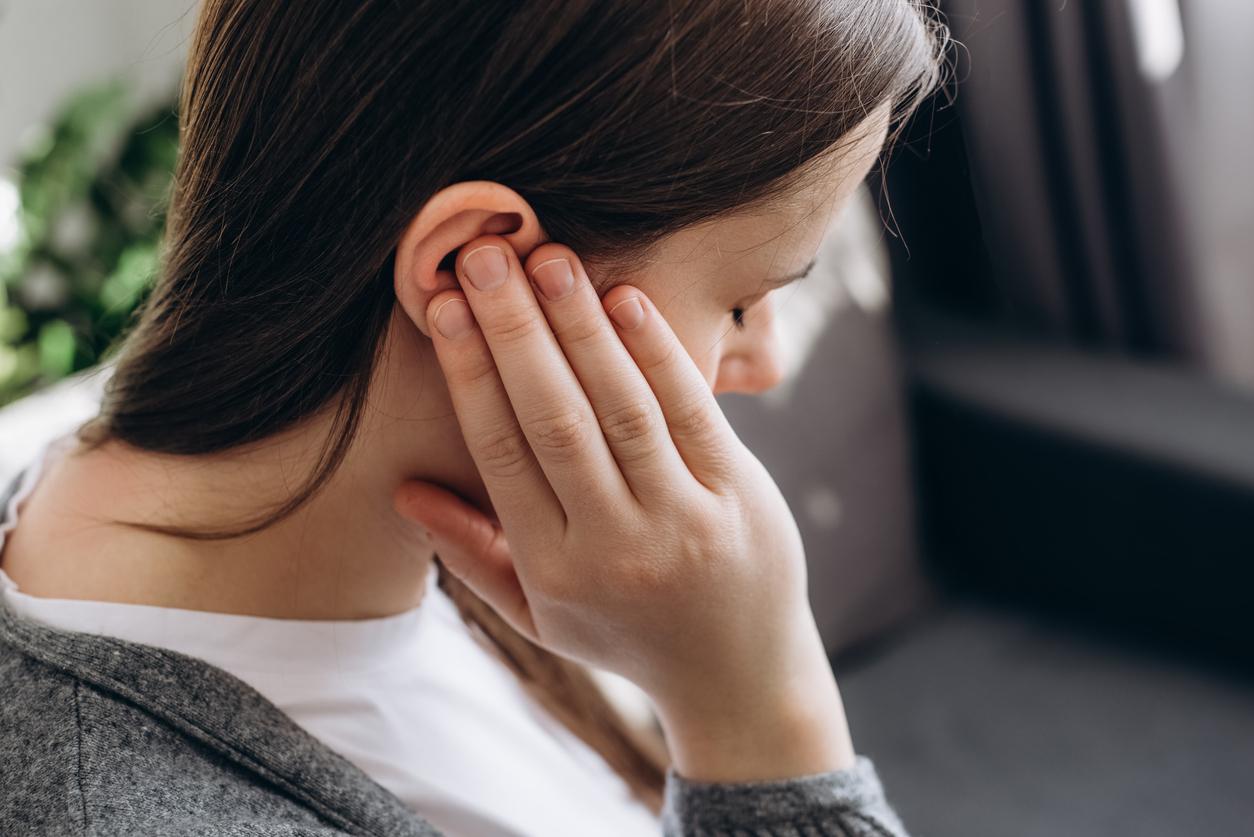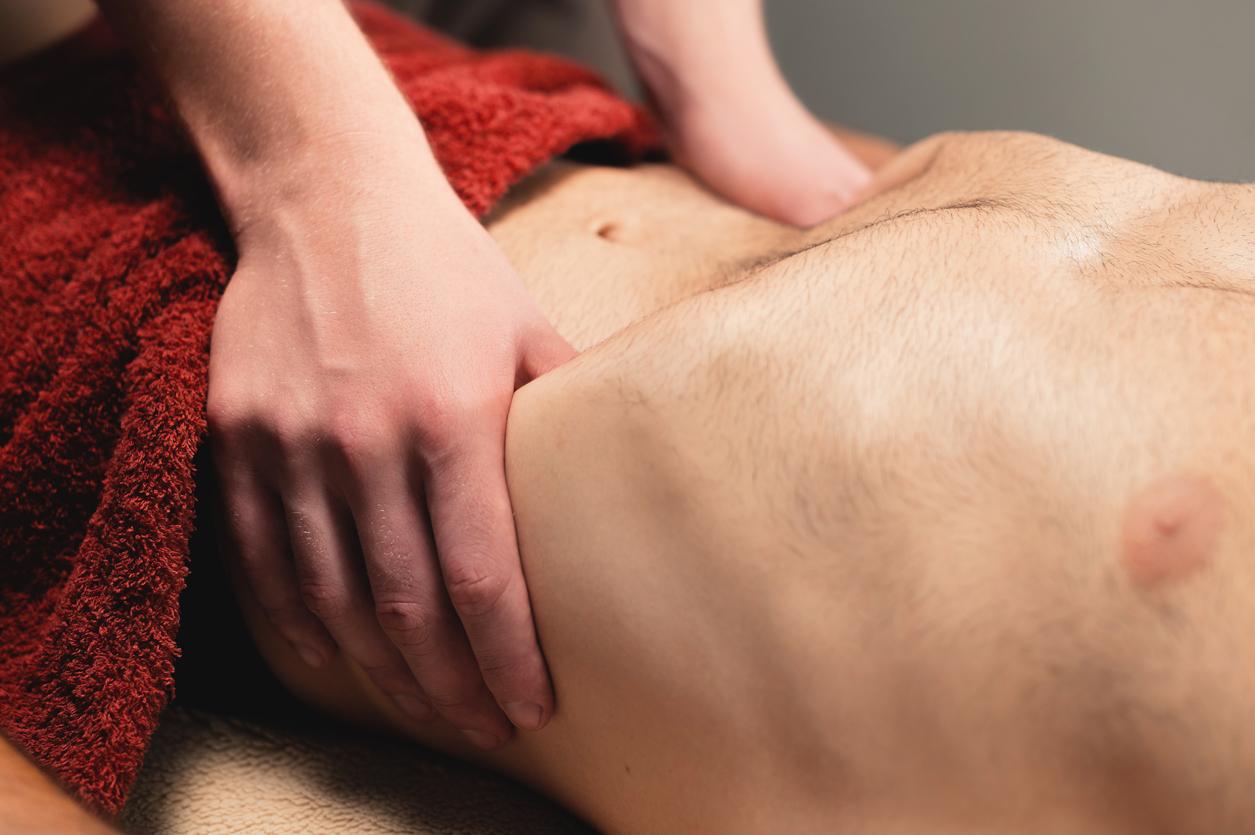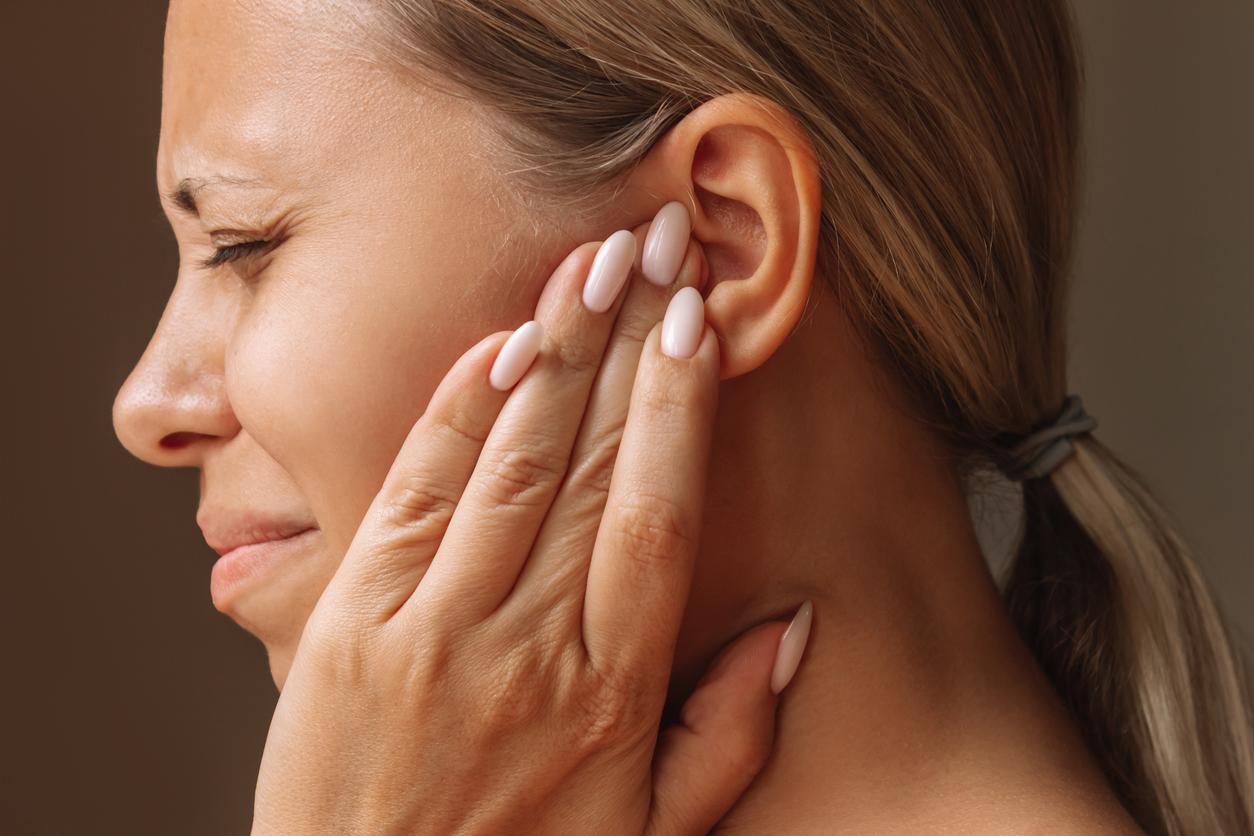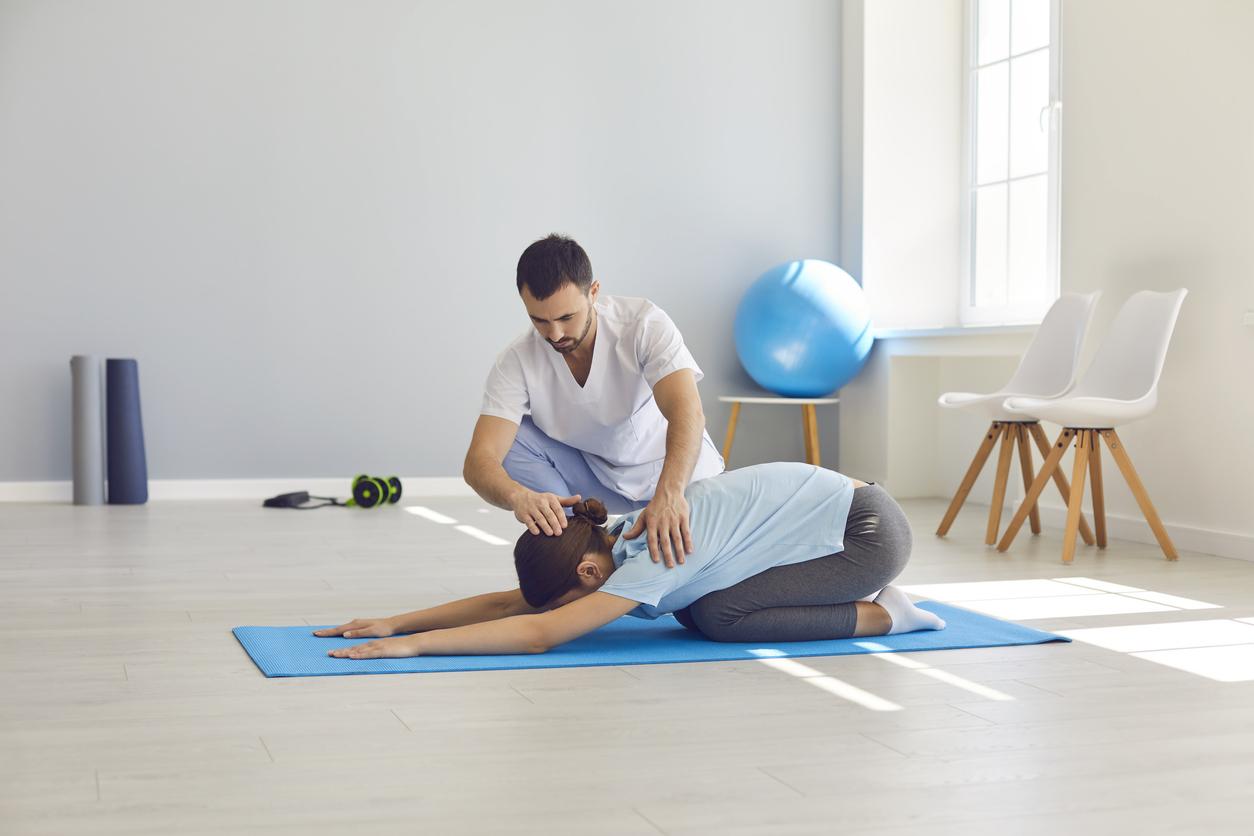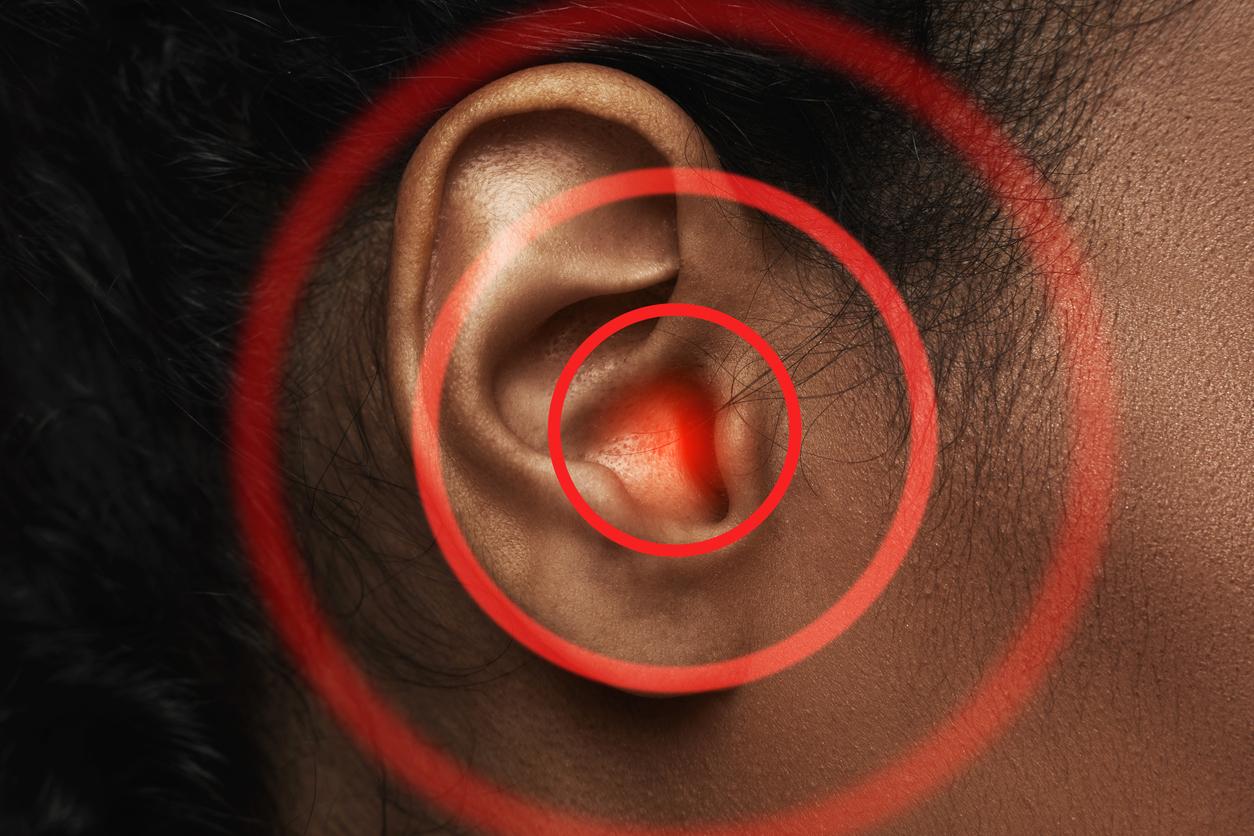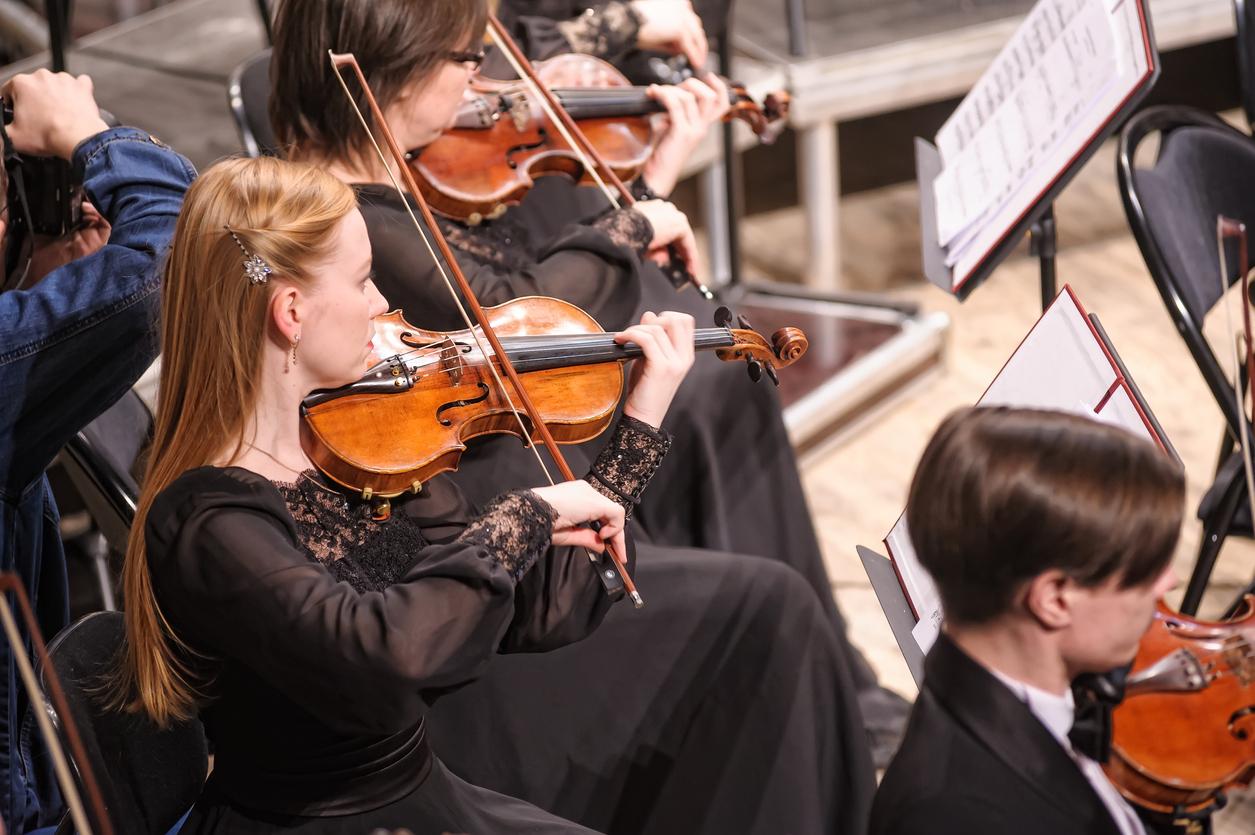To date, there is no treatment that cures tinnitus. However, it is possible to keep the symptoms at bay by calling on specialists, such as Johann Banon, physiotherapist-osteopath at the Thermes de Saint-Gervais Mont Blanc. He explains his role to us.
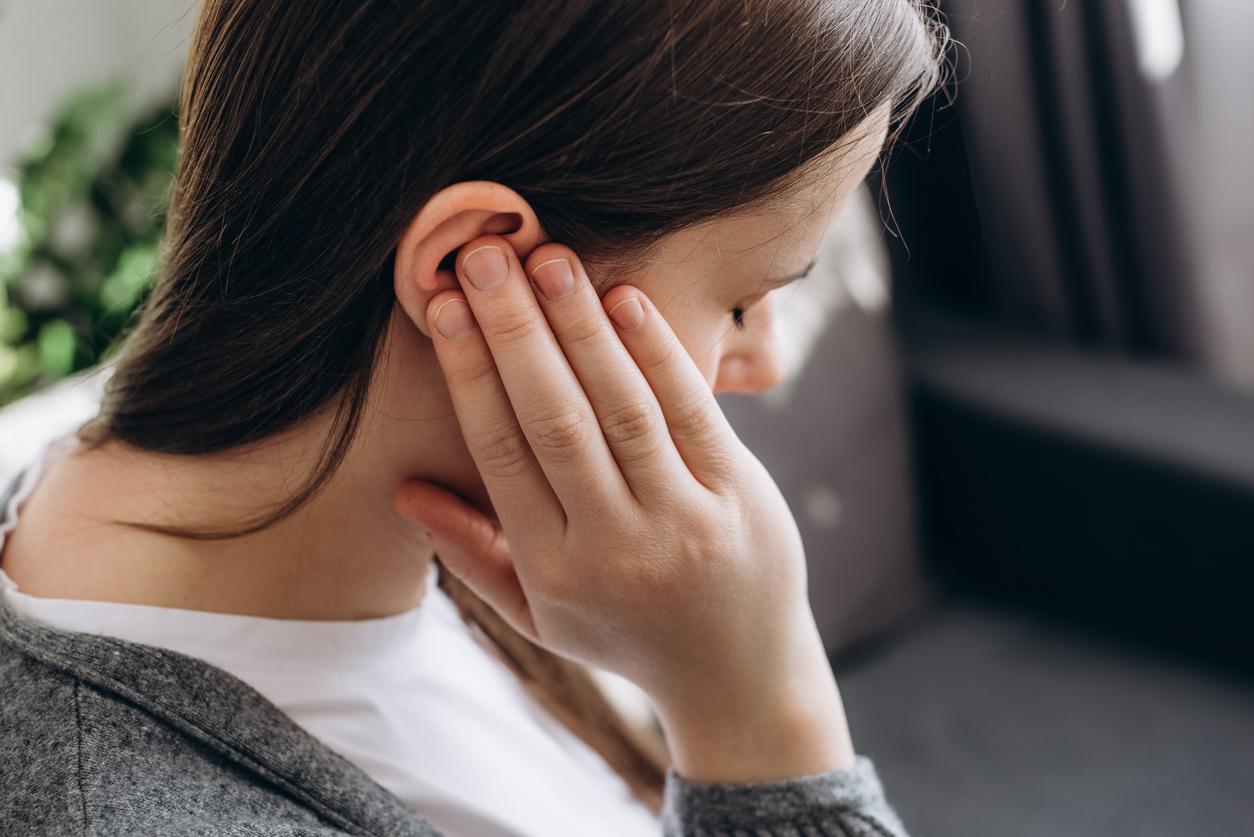
– Why Doctor: In France, tinnitus affects approximately 10% to 18% of the population. If a cause is diagnosed during the assessment with an ear, nose and throat doctor, its treatment can eliminate or reduce these buzzing, whistling or grinding sounds. In other cases, no specific treatment exists. What is the best treatment to reduce the discomfort and improve the daily lives of patients?
Johann Banon: In fact, more and more people suffer from tinnitus and are not aware of it. They live with it. These noises generated spontaneously in the auditory pathway generally occur due to stress, acoustic trauma, a build-up of earwax or even a psychological shock (for example a death), or a muscular or joint disorder.
For the treatment of this hearing disorder to be effective, it must be multidisciplinary. This is the case at the Thermes. During a six-day treatment, people with tinnitus meet several specialists whose skills are complementary, such as an ENT thermal doctor, a psychologist, a hearing aid specialist, an APA (adapted physical activity) teacher, a sophrologist, a dietician and a team of physiotherapists and osteopaths, of which I am a part. At the end of the program, patients take stock of those who helped them the most and go and find professionals near them who practice the practice that does them good.
– As a physiotherapist-osteopath, what is your role in the management of tinnitus?
In physiotherapy, we will try to reduce tinnitus by promoting relaxation through massages.
“In osteopathy, we will treat tinnitus linked to somatosensory disorders”
– How does a physiotherapy session take place for a person with tinnitus?
First, we do an assessment with each patient. Then, during thermal treatments, we lay them on a ramp of thermal water that is at 37°C, or body temperature. This provides well-being and promotes relaxation. Then, we come to work, more precisely, to massage the back and neck. Thanks to the massage and the sound of the water, patients no longer think about tinnitus. We take them to another universe.
– What is the difference with an osteopathy session?
It’s completely different. Of course, we also do an assessment at the beginning. In osteopathy, we will take care of tinnitus linked to somatosensory disorders, that is to say noises generated by a mechanical disorder, for example a problem with the jaw or the Eustachian tubes. Thus, we will work on the jaw, the trigeminal and facial nerves, which can be irritated. To be more precise, we work on areas of constraints where these anatomical parts are located and we seek to release them, which aims to reduce inflammation.
Tinnitus: “Don’t be afraid to move towards other sounds to stimulate the brain”
– What is the added value of thermal water?
Listening to the sound of water and being in another environment allows you to have a different auditory perception. In everyday life, you should try to ignore buzzing, whistling or squeaking sounds. To stop focusing on these noises, you should not be afraid to move towards other sounds in order to stimulate the brain.
– In case of tinnitus, are there physiotherapy or osteopathy exercises to do at home?
It is complicated to give exercises to patients. A specialist must be present to check that they are doing them safely. On the other hand, at home, they can rely on relaxation and stress-relief exercises, such as sophrology or meditation, which will help them let go, because, as a reminder, tinnitus increases with stress. We know that it is not easy to manage the pressures related to professional, couple or family life. It is also recommended to stimulate other senses, such as taste and smell, to activate other regions of the brain, which allows us to pay less attention to tinnitus.









